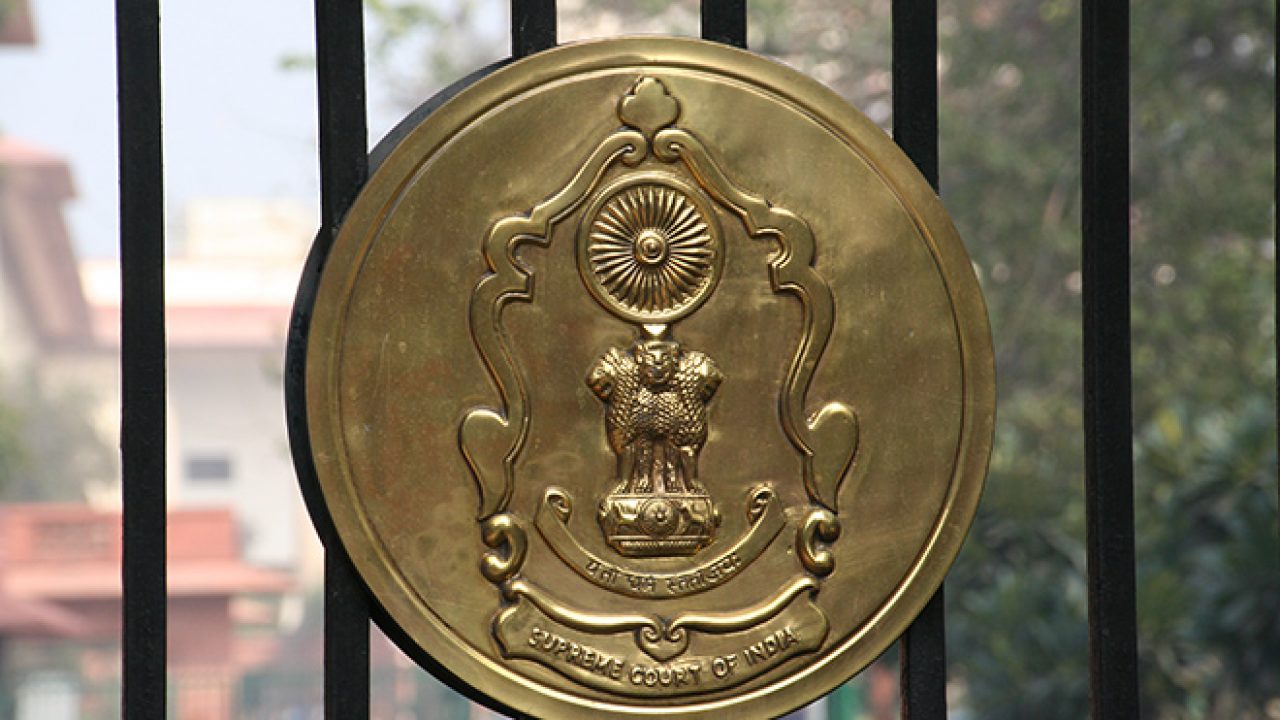Umamageswari Maruthappan
The Supreme Court of India passed an interim order, on 12th January 2021, staying the three impugned farm laws, and also recommended setting up a committee to hold negotiations on the subject matter.
This is, perhaps, the first time that the Apex Court has stayed a law without hearing the parties and examining the constitutionality of the acts.
The three farm laws are Farmers (Empowerment & Protection) Agreement of Price Assurance & Farm Services Act 2020, Farmers Produce Trade & Commerce (Promotion & Facilitation) Act & Amendment to Essential Commodities Act.
The 11-page order was pronounced by a three-judge bench comprising the Chief Justice of India, SA Bobde, and Justices A. S. Bopanna and V. Ramasubramanian.
The Court took the matter following the reception of three petitions.
The first one challenged the validity of the farm laws, the second came in support of the said laws.
Another category of the petition was filed by the residents of Delhi and the neighboring States contending that the farmers’ protests violated their freedom of movement and right to carry on trade and business.
Considering the increased tensions between the parties and unsuccessful rounds of negotiations, the Apex Court decided to intervene and consequently, stayed the farm laws until further order. “We are of the view that a stay of implementation of all the three Farm laws for the present, may assuage the hurt feelings of the Farmers and encourage them to come to the negotiating table with Confidence and good faith”, the Apex Court said.
The consequence is that the Government is prevented from enforcing the aforesaid laws and the Minimum Support Price System will be maintained.
Moreover, “the farmers’ land holdings shall be protected, i.e., no farmer shall be dispossessed or deprived of his title as a result of any action taken under the Farm Laws”, the Court ordered.
Further, the Court also stated that the constitution of a relevant Committee is “to negotiate between the Farmers’ bodies and the Government of India” and that it “may create a congenial Atmosphere and improve the trust and confidence of the farmers”.
The Committee shall report before the Court within 8 weeks from the date of its first hearing. “The first sitting shall be held within ten days from 12 January 2021”, the order stated.
The order stands controversial as much as the farm laws so far that there are disputes whether the Supreme Court has overreached its judicial power.
Many jurists including Attorney General K. K. Venugopal ‘vehemently’ opposed the interim order of staying though they welcomed the setting up of a Committee.
Any law made by the Parliament is presumed to be constitutional and when it reaches the doors of the Judiciary, it is mandatory for the Courts to interpret and examine the same after hearing the parties. Anything done contradictory or in excess is termed as ‘Judicial Overreach’.
Judicial overreach is when the courts interfere with the functioning of the legislature or the executive, overshooting their mandate.
Another term in this regard is Judicial Adventurism which means the judiciary attempting to step into the territory of the legislative and executive organs.
Neither of them is viewed as desirable and is seen to be undemocratic.
In this case, by passing an order without hearing the parties and testing the validity of the laws, the Apex Court has overstepped its mandate as alleged by the Attorney General.
However, the CJI, though appreciating the contentions of the AG, clarified that “the Court cannot be said to be completely powerless to grant stay of any executive action under a statutory enactment”.
The Court, in this regard, also cited the instance of an interim order passed in the case of “Dr. Jaishri Laxmanrao Patil v. The Chief Minister & Anr. (2020)” wherein it stayed the operation of Maharashtra law of granting reservations to Marathas in jobs and educational institutions.
It must be noted that the Bombay High Court had examined the validity of the statute and the matter was referred to the Apex Court only as an appeal.
Even in the 2015 case on Aadhaar and the 2017 case on Electoral Bonds, the Courts refused to stay the scheme before testing the laws.
However, the Indian Courts are entrusted with the power of Judicial activism, wherein the courts are allowed to go a step ahead of judicial review and enforce anything for social benefit.
Whether an order comes under activism or overreach and adventurism depends on how one perceives it.
Thus, in this case, whether the Apex Court overshot its power is debatable and controversial.
Nevertheless, it is high time to resolve the conflicts between the Government and farmers and it is indicative that the Court has taken up this issue solely to relieve the farmers’ agitations, which may or may not come within the scope of Judicial Activism.
Moreover, as claimed by the CJI, this order may attract the protesters for peaceful negotiations, yet, the results could not be predicted and remains uncertain.

